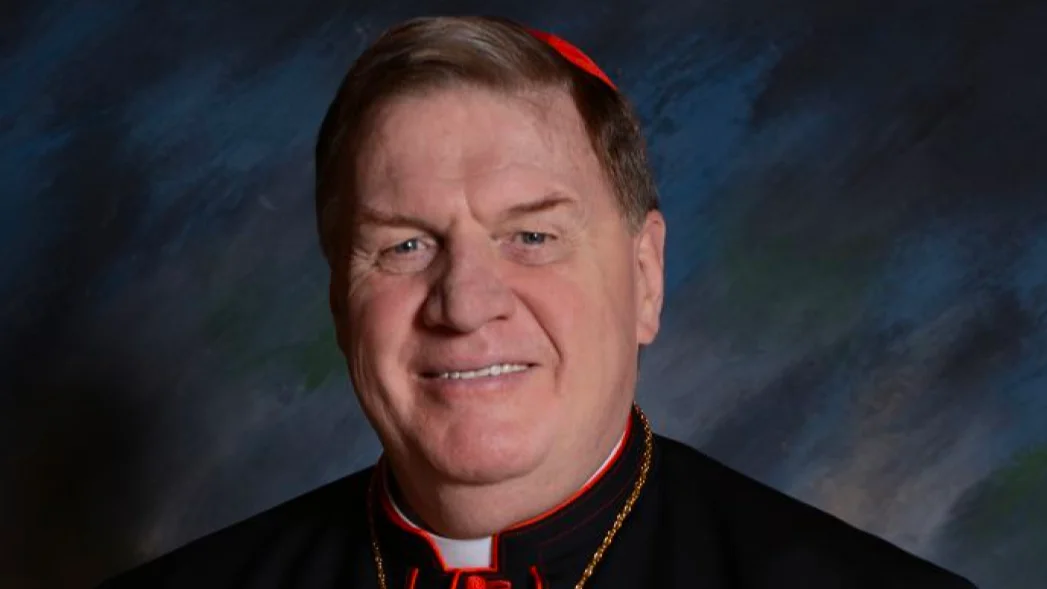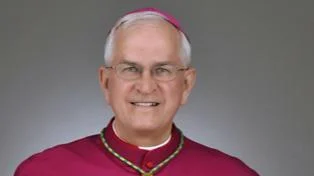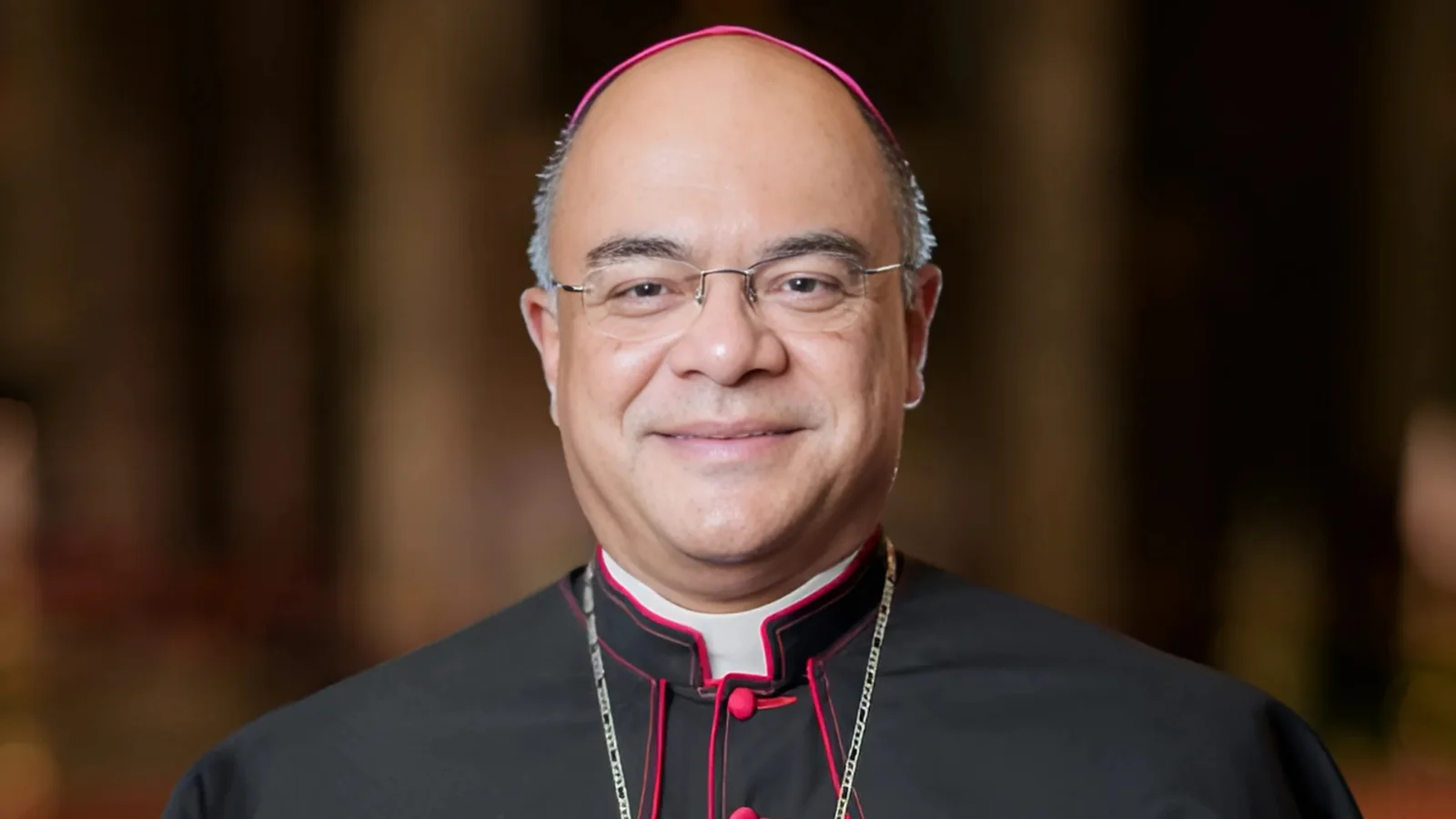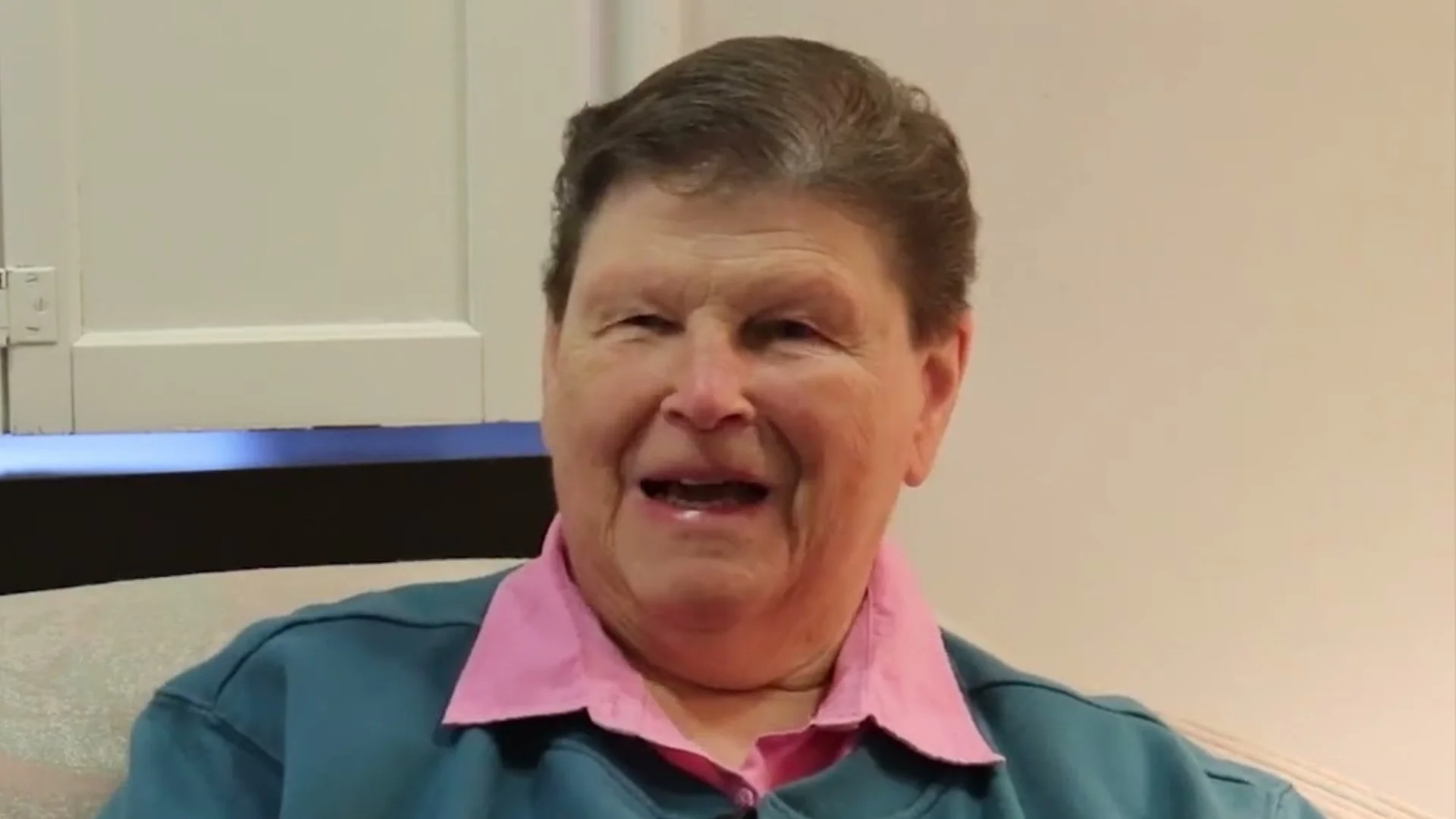
Cardinal Joseph W. Tobin, C.Ss.R., D.D. Archbishop | Archdiocese of Newark website
Cardinal Joseph W. Tobin, Archbishop of Newark, has addressed the challenges faced by Catholics in navigating political and public affairs. In a recent message to the faithful, Cardinal Tobin emphasized the complexity of making responsible decisions on public policy issues and highlighted the importance of Catholic social teaching as a guide.
"No one among us has infallible judgment on social issues. What we do have is a clear and coherent guide for making decisions in light of faith," Cardinal Tobin stated. He referred to Catholic social doctrine, rooted in Scripture and centuries of reflection, as essential for living according to God's plan.
To assist Catholics in applying these principles today, Cardinal Tobin pointed to "Forming Consciences for Faithful Citizenship," a resource provided by the United States Conference of Catholic Bishops (USCCB), available at www.usccb.org. This document outlines key topics currently at stake.
"Catholic social doctrine does not tell anyone whom or what to vote for, but it does advise us on the moral principles that should be applied to each important issue," he said. He encouraged individuals to study candidates' positions and party platforms with respect to fundamental moral values.
The USCCB's list of critical issues includes human life (such as abortion, euthanasia, and capital punishment), promotion of peace, marriage and family life, religious freedom, preferential option for the poor, healthcare, migration, Catholic education, justice promotion and violence prevention, combating unjust discrimination, care for creation, communications and culture, and global solidarity.
Cardinal Tobin added: "Wars, terrorism and violence threaten all aspects of human life and dignity." He acknowledged that no current candidate or political party fully aligns with Catholic social teaching on every issue but urged Catholics to understand what is at stake in each area and vote according to an informed conscience.
"An informed conscience goes beyond what is politically correct or ideological divides," he wrote. "It welcomes serious debate and refuses to let prejudice or emotion distract from voting for people and programs that promote the common good."
He linked this approach with synodality—a concept central both in civic participation and church leadership—emphasizing respectful dialogue as essential for effective leadership.
Quoting Pope Leo XIV’s message echoing his predecessors Francis, Benedict XVI, and John Paul II: "The will to face conflict, resolve it and turn it into a link in the chain of a new process is the wisest path—the path of the strong." Citing Evangelii Gaudium #227 from Pope Francis: “The will to face conflict...is the wisest path.”
Cardinal Tobin expressed concern about rising hate speech fueling violence: "Hate speech seems to fuel violent actions which then provoke more hatred and anger. It is a vicious circle that gets out of control." He reiterated Jesus’ example advocating nonviolence as strength.
"The Church cannot remain on the sidelines in the struggle for justice," he wrote. Quoting again from Pope Leo XIV: “Recognizing that another person is a brother or sister means freeing ourselves from believing we are isolated individuals or forming relationships only out of self-interest.”
He concluded by invoking Mary as Queen of Peace: "May our Blessed Mother Mary help us recognize our common humanity as sisters and brothers in Christ."
Excerpts from Pope Francis’s apostolic exhortation Evangelii Gaudium were included in Cardinal Tobin’s message. The text stresses that Church teachings on social matters must lead to practical consequences relevant today. It also affirms that religion should not be confined solely to private life but should engage actively with societal institutions for promoting justice.
Pope Francis wrote: “No one can demand that religion be relegated solely to personal privacy… A genuine faith always involves a desire to change the world.” The exhortation encourages Christians—including pastors—to work toward building a better world through positive action inspired by love for humanity.
A selection from Pope Leo XIV’s remarks at an international meeting on human fraternity was also cited: “Fraternity is discovering another’s face… Those who believe recognize God’s image even in adversaries.” The message called attention especially to war victims, migrants facing rejection or indifference, forgotten poor people blamed for their poverty rather than helped—and urged everyone not simply to remain silent but instead respond through presence and commitment.
Finally, Cardinal Tobin invited prayer using words from Pope Francis’ encyclical Fratelli Tutti:
“Lord… inspire us with dreams of encounter,
of dialogue,
of justice
and peace…
May our hearts open
to all peoples
and nations…”






 Alerts Sign-up
Alerts Sign-up